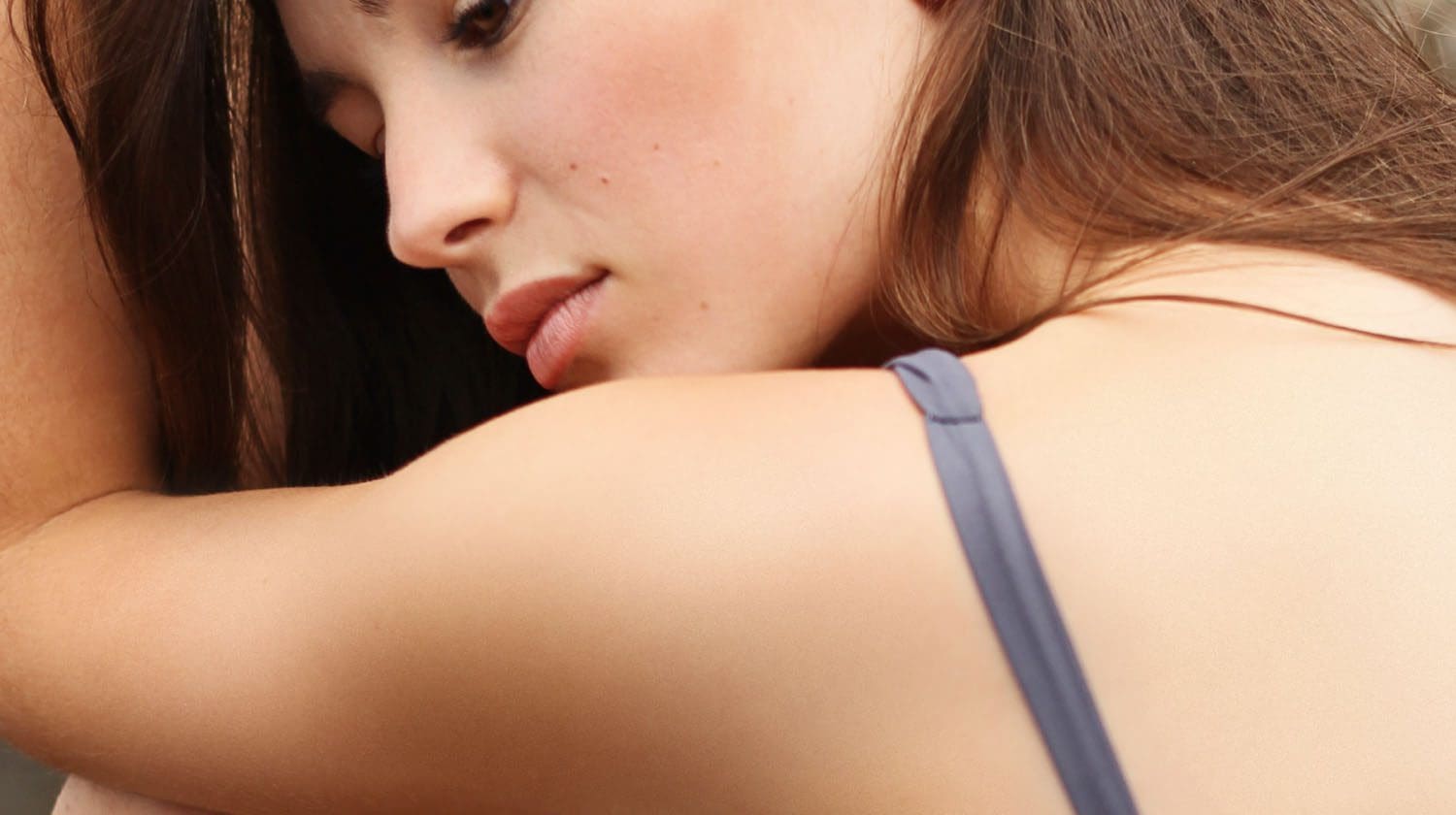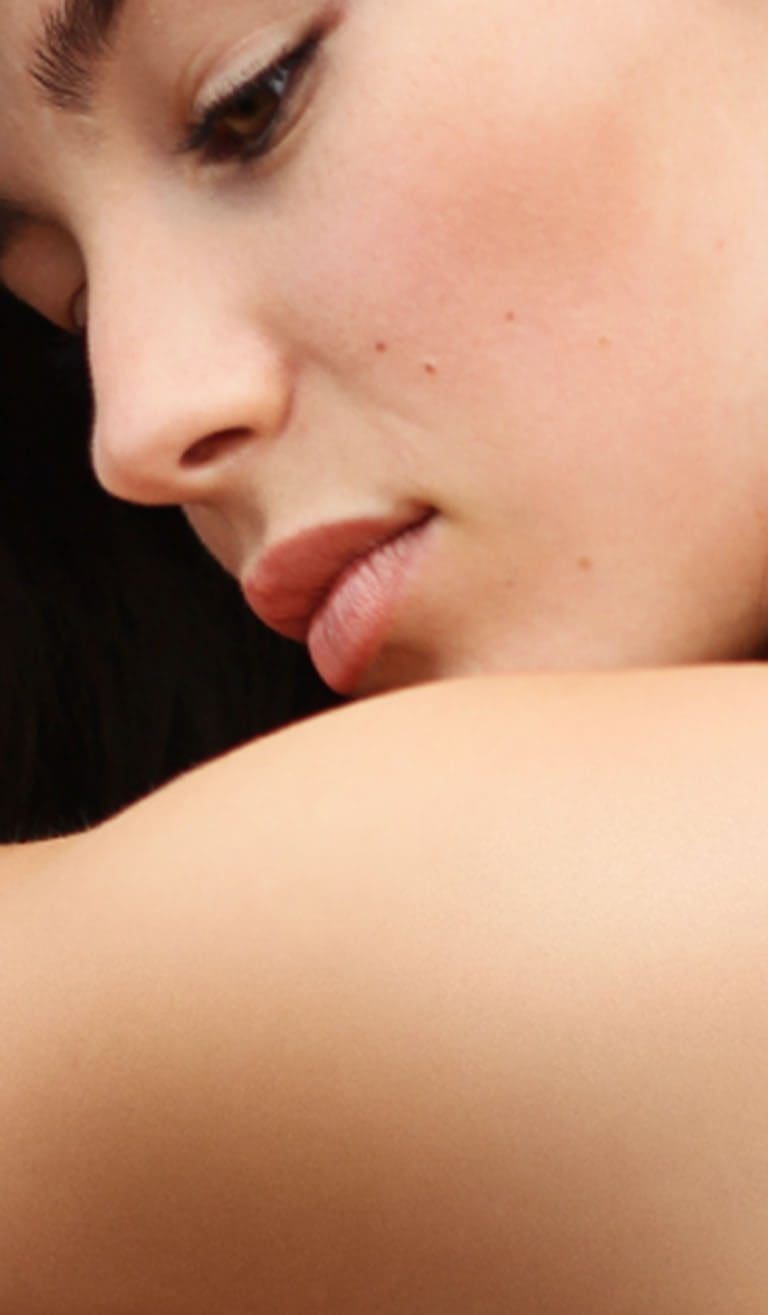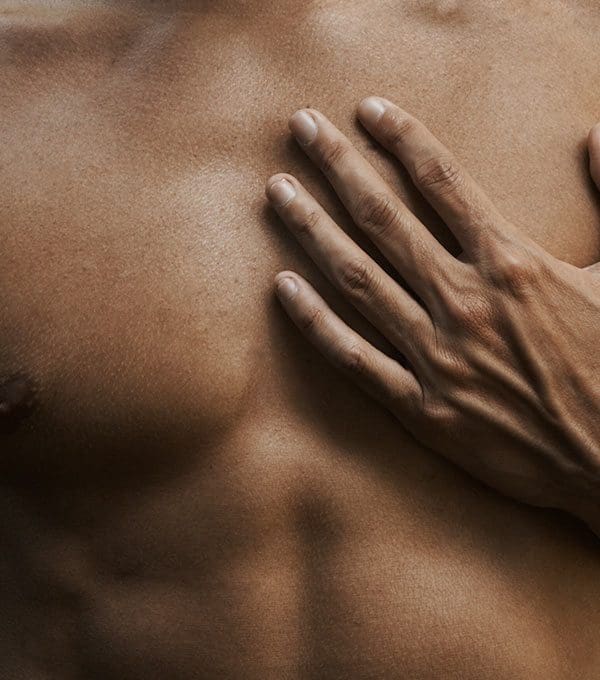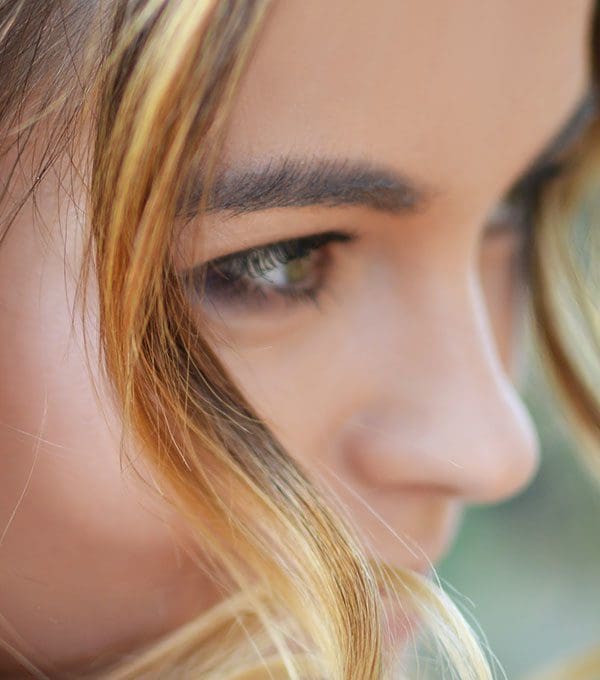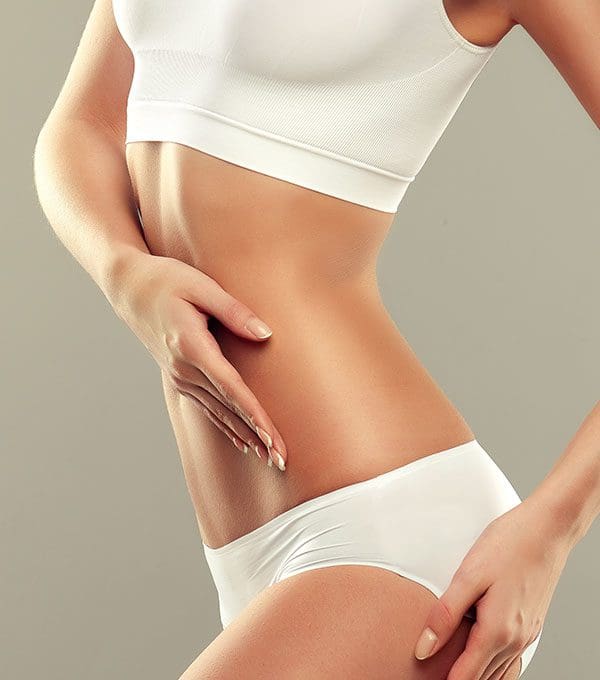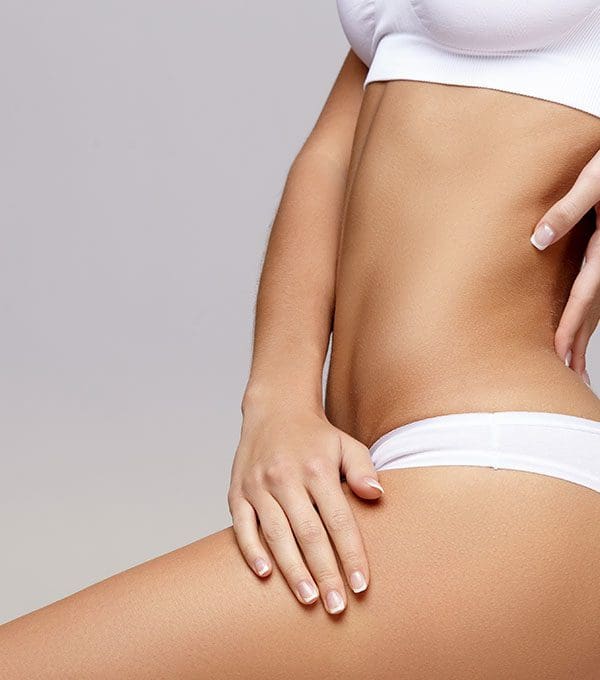Acne Treatments
Roaccutane Side Effects
Roaccutane is a last-option acne treatment that has been proven to give people the skin they deserve. However, like with every form of medication and treatment, there is the potential for side effects. Some are more severe than others, so you want to ensure you have all the information before you start taking it. Below is everything you need to know about roaccutane side effects so you’re fully prepared.
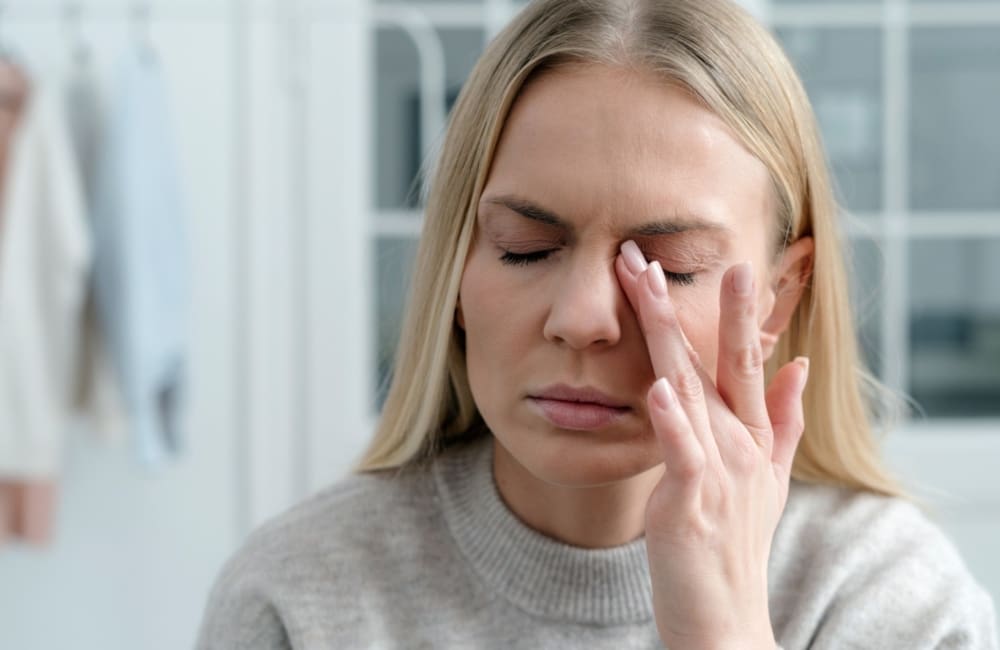
What is Roaccutane?
Roaccutane, a brand name for Isotretinoin, is a prescription medication that was created specifically to treat severe acne. It’s a last-option treatment when a patient isn’t responding to any other acne medications. It’s a retinoid that has been proven to be extremely effective in clearing acne breakouts, especially since it’s derived from Vitamin A.
How does Roaccutane work?
The treatment works in a unique way. When the sebaceous glands that are located just below the surface of our skin start working in overdrive and over lubricating our skin, our hair follicles get clogged up and this leads to the emergence of bacteria and an infection. The infection is what appears as a spot, and when there are many sebaceous glands clogged up at the same time, you get many spots which turn into acne.
Roaccutane prevents the sebaceous glands from clogging up and getting infected. It stops them from overproducing sebum and also kills any bacteria that might get into the area. If you already have a breakout, then the treatment can reduce inflammation, redness, and swelling, helping give you a clearer complexion.
What are the side effects of Roaccutane?
There are various side effects associated with Roaccutane. Some are more commonly seen in many patients, whereas some are more severe and may require you to stop taking the treatment or seek professional help. Here’s what you need to know:
More common side effects of Roaccutane
The most common side effects are the ones most likely to be experienced when taking Roaccutane, and they are usually manageable.
- Dry Skin and Lips: This is the most common side effect of Roaccutane. Users often experience cracked lips and dry, peeling skin, which can be managed by regularly applying moisturisers and lip balms. Hydration and the use of gentle, non-irritating skincare products can also help alleviate these symptoms.
- Dry Eyes: Roaccutane can cause significant dryness in the eyes, leading to irritation, discomfort, and sometimes a gritty feeling. This can be managed by using artificial tears or lubricating eye drops. In some cases, avoiding contact lenses during treatment might be necessary to prevent further irritation.
- Nosebleeds: The medication often causes dryness in the nasal passages, which can lead to frequent nosebleeds. Using a humidifier at home, applying a thin layer of petroleum jelly inside the nostrils, and avoiding harsh nose-blowing can help mitigate this side effect.
- Thirst: Users may experience an increased need for hydration, feeling thirstier than usual. It’s important to drink plenty of water throughout the day to stay adequately hydrated and to help counteract the dryness caused by the medication.
- Muscle and Joint Pain: Mild discomfort in the muscles and joints is a common side effect, particularly in those who are physically active. Gentle stretching, regular low-impact exercise, and over-the-counter pain relievers can help manage this discomfort.
- Rashes: Mild skin reactions, including rashes, can occur while taking Roaccutane. These can usually be managed with topical treatments recommended by a healthcare provider and by avoiding known skin irritants.
- Hair Thinning: Some users may experience temporary hair loss or thinning while on the medication. This side effect generally resolves after completing the treatment. Using gentle hair care products and avoiding excessive heat styling can help minimise hair damage during this period.
Moderate side effects of Roaccutane
Moderate side effects of Roaccutane are less likely, and they might require you to seek medical attention if they are negatively affecting your daily life or health.
- Elevated Blood Lipids: Roaccutane can lead to increased levels of cholesterol and triglycerides in the blood. Regular blood tests are essential to monitor these changes. If significant elevations occur, dietary adjustments to reduce fat intake, along with possible medication to manage lipid levels, may be necessary. Patients should inform their healthcare providers about any history of hyperlipidemia.
- Liver Enzyme Changes: The medication can cause elevated liver enzymes, indicating potential liver strain or damage. Routine liver function tests are critical during treatment. If elevated liver enzymes are detected, dosage adjustments or discontinuation of the medication may be required. Patients are advised to avoid alcohol and other substances that can further strain the liver.
- Gastrointestinal Issues: Some users may experience nausea, stomach pain, and other digestive disturbances. These symptoms can often be managed by taking Roaccutane with food to minimise stomach irritation. Staying hydrated and eating small, frequent meals can also help. Persistent or severe gastrointestinal issues should be reported to a healthcare provider.
- Vision Problems: Roaccutane can cause night vision issues and increased sensitivity to light. Users may find it helpful to avoid driving at night and to wear sunglasses during the day to protect their eyes from bright light. Any significant changes in vision should be promptly discussed with an eye specialist.
- Mental Health Effects: Mood changes, including depression and anxiety, can occur in some individuals taking Roaccutane. It is crucial for patients and their families to monitor for signs of mood disturbances and seek help if needed. Regular mental health check-ins with a healthcare provider are recommended, and any severe symptoms should be addressed immediately to prevent escalation.
More serious side effects of Roaccutane
These side effects are the least common but can be dangerous and might require you to discontinue Roacctuane altogether.
- Severe Mood Changes: This includes depression, suicidal thoughts, or severe anxiety. Immediate medical attention is crucial if any of these symptoms arise.
- Pancreatitis: Characterised by severe abdominal pain that often radiates to the back and increased blood triglyceride levels. This condition requires urgent medical care.
- Hepatitis: Severe liver inflammation can lead to jaundice and other symptoms of liver dysfunction. Patients must stop the medication and seek medical advice if these symptoms occur.
- Severe Allergic Reactions: Signs include swelling of the face, lips, or tongue and difficulty breathing. This is a medical emergency requiring immediate attention.
- Hearing and Vision Loss: Sudden changes in hearing or vision are serious and need prompt medical evaluation.
- Inflammatory Bowel Disease: Symptoms include severe stomach pain, diarrhoea, and rectal bleeding. Discontinuation of the drug and medical treatment are necessary.
- Bone Changes: Roaccutane can cause calcifications, decreased bone density, or delayed healing of bone injuries, which may need a thorough assessment by a healthcare provider.
- Pseudotumor Cerebri: Increased intracranial pressure can present with severe headaches, nausea, and visual disturbances. Immediate medical intervention is required.
Summary
Roaccutane can be a useful acne treatment, but it does come with some cautions you need to keep in mind. Before you start the medication, ensure you’re aware of any potential side effects so you can look out for them.
If you wish to find out more about Roaccutane or discover if you’re eligible for the treatment yourself, Botonics is here to help. We are the most skilled and experienced cosmetic surgery specialists who want to give you the complexion you deserve. Contact an expert today.

